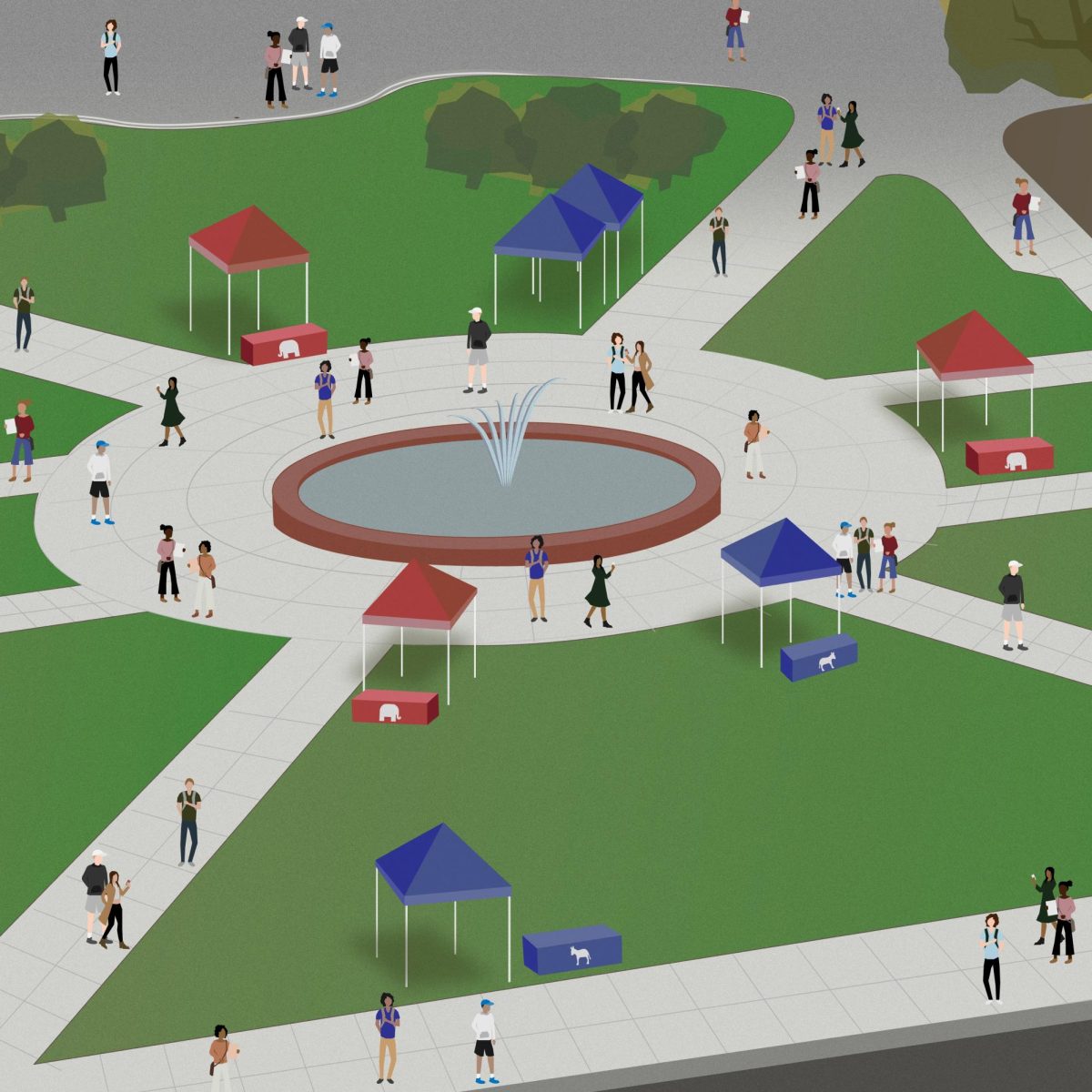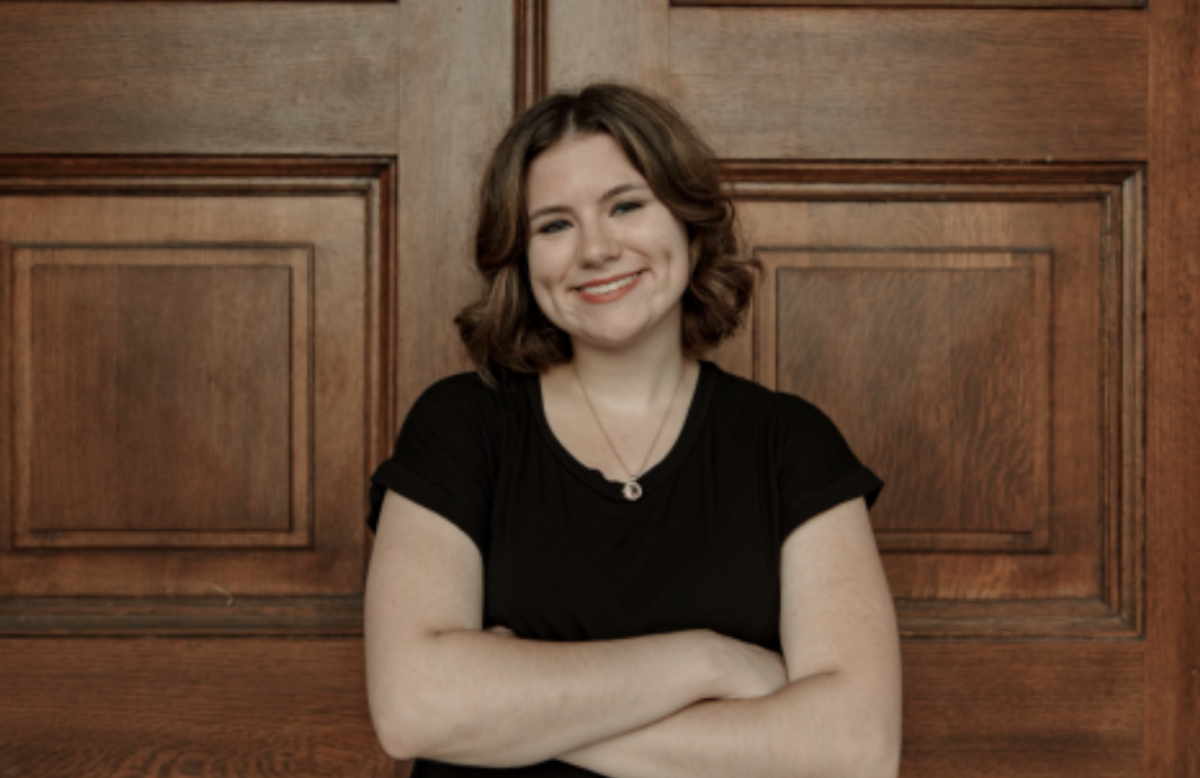When four young radicals parked a car bomb next to Sterling Hall in the early hours of August 24, 1970, they never thought the ensuing explosion would kill a researcher working late, along with hope for the radical uprising in Madison they hoped to catalyze.
Now, 40 years later, that researcher, Robert Fassnacht, is remembered as a scientist with a devoted passion that spanned the greater part of his life. He is remembered as a father, husband, friend and brother. And, most famously, he is remembered as an unexpectedly crucial cog in the formation of Madison’s current climate.
Fassnacht was born Jan. 14, 1937, in South Bend, Ind., his father a metallurgist and mother a hospital dietitian. His sister, Carol Humphrey, said Fassnacht’s love of science started as early as grade school.
In high school his passion blossomed with the help of a physics club and friends who “were always doing experiments on things.” At one point, he even rebuilt Humphrey’s record player into a stereo.
Fassnacht was recognized as the most prominent young scientist in Indiana in 1955 before moving on to Kalamazoo College in Kalamazoo, Mich., to complete his undergraduate degree. After winning a Woodrow Wilson Fellowship he continued his studies at the University of Wisconsin, where he eventually earned his Ph.D.
It was at UW’s physics department where he continued his work as a post doc student, becoming deeply entrenched in research examining superconductivity in metals at low temperatures.
“It was all over my head,” Humphrey said. “I couldn’t even read the title of his thesis.”
Fassnacht hoped superconductivity would lead to energy technology that was 100 percent efficient, resulting in huge reductions in waste and pollution.
It was this hope that led to his staying late the night of August 23, 1970. Believing he was close to a breakthrough, the 33-year-old scientist manned his equipment as he began a new experiment in his basement laboratory, three floors below the Army Mathematics Research Center, until the early hours of the morning.
The 3:42 a.m. blast left a wife and three young children without a husband and father.
Though Fassnacht had his opinions on the war, Humphrey said he kept his energy focused on his work. In the end, he was a victim of the secondary effects of the “war at home.”
His death, however, made him far from secondary, vaulting the bombing to the key moment in the downfall of radical activism in Madison, if not beyond.
If people take away one thing from the bombing, it is this bigger picture and “silver lining,” that daughter Heidi Fassnacht, who was 11 months old at the time, hopes people recall on the 40th anniversary of her father’s death.
“You can say there’s World War I and II and this is what happened during those wars. What’s more interesting and more relevant is what did we learn from those wars and how does it affect our lives now?” Fassnacht said. “The gift of the loss of his life was to have a very profound effect on the anti-war movement.”












